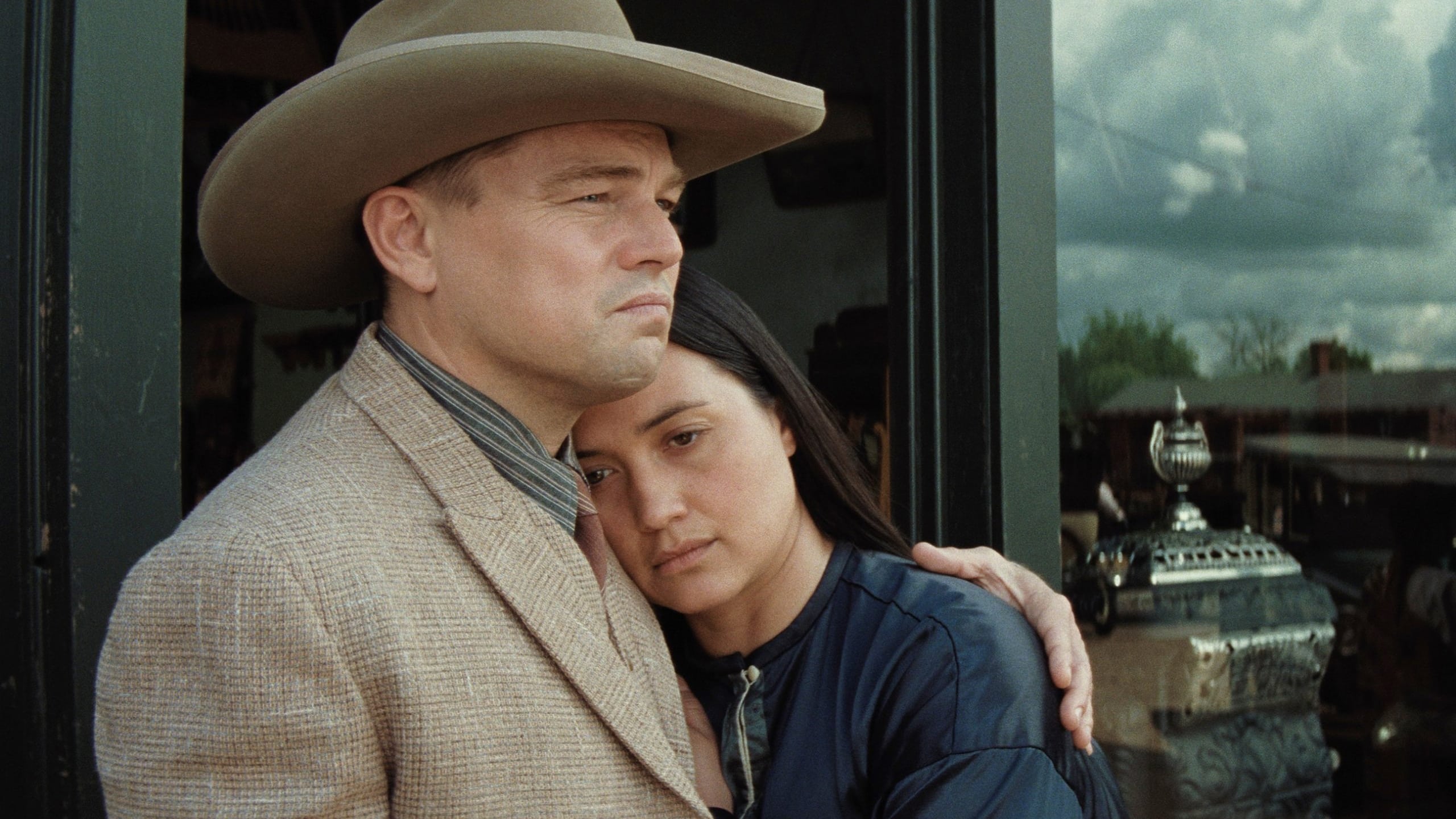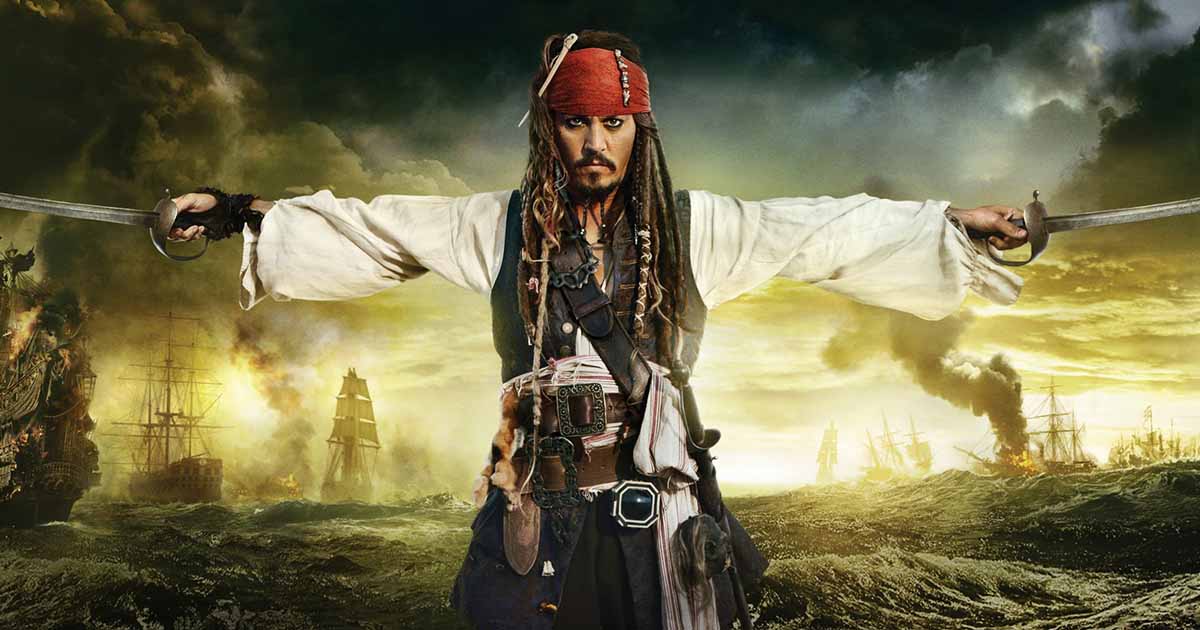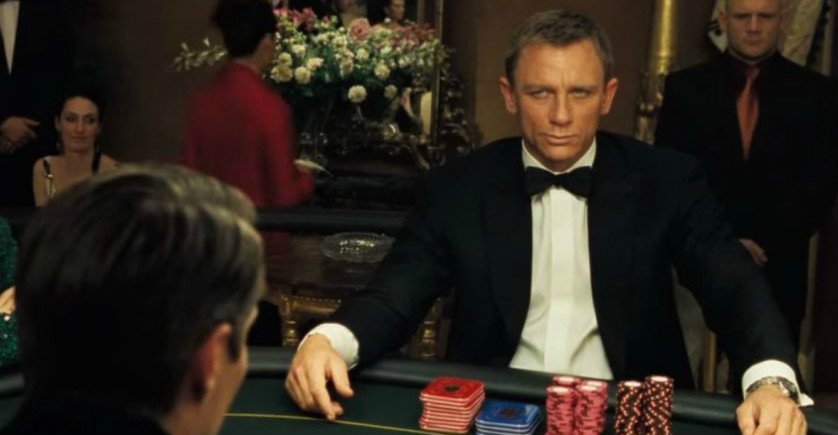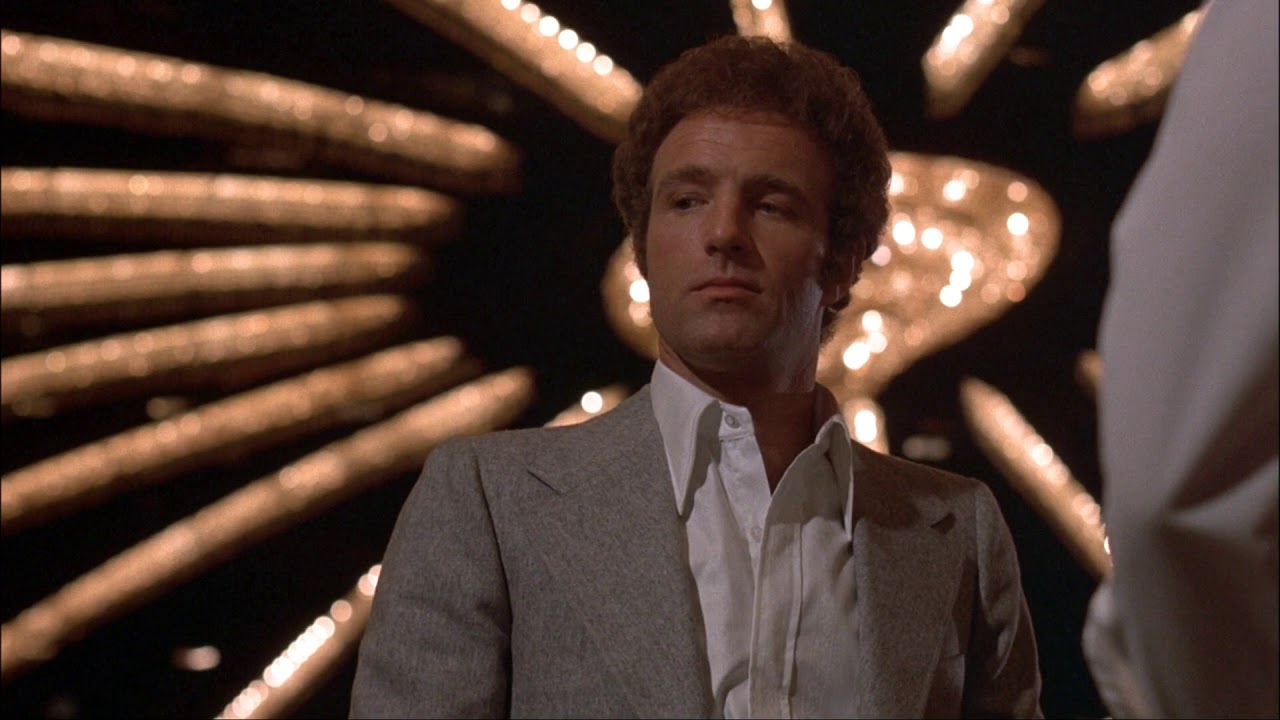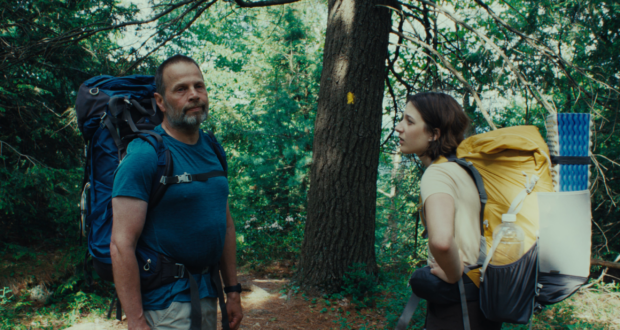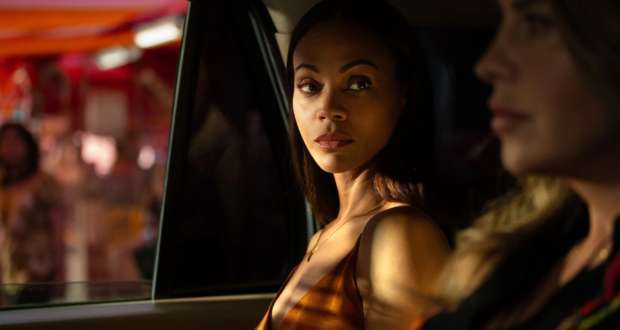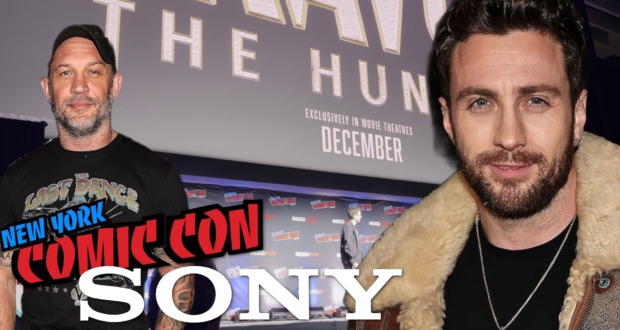Cinema is back, folks. This Friday, the Martin Scorsese epic Killers of the Flower Moon arrives in cinemas and is sure to go down as one of the best movies of the year by the time December rolls around. The film stands as a testament to Martin Scorsese’s directorial prowess and the talent of its exceptional cast. The film’s exploration of a dark chapter in American history, coupled with outstanding performances, makes it a must-watch for any aficionado of crime dramas and historical epics.
But where does it land amongst Martin Scorsese’s other films? Let’s take a look at my personal list. Do you agree or disagree with me? What does your list look like? We’re interested in hearing your thoughts!
5. Killers of the Flower Moon (2023)
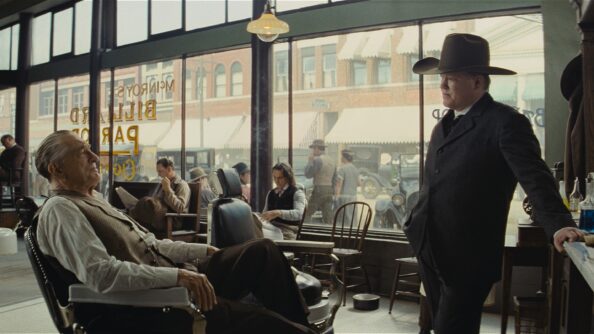
It is his most recent film on this list, the Martin Scorsese movie Killers of the Flower Moon is a phenomenal and riveting epic Western crime drama that’s sure to leave you breathless. It’s a little bit too long at nearly three and a half hours long, but thankfully, Scorsese never wastes a single minute of that runtime.
A strong ensemble, headed by the outstanding Leonardo DiCaprio, drives the narrative forward. DiCaprio skillfully conveys the complexity of Ernest Burkhart, a man divided between his family’s loyalty and his desire for justice. Because of DiCaprio’s subtle acting, the audience is able to relate to Ernest’s internal conflict, which makes him a very flawed but genuinely human character. Robert De Niro reminds us of his unmatched acting prowess with a powerful performance as the enigmatic and cunning William King Hale.
But Lily Gladstone‘s performance as Ernest’s Native American wife Mollie Burkhart is truly remarkable, making her the real star of the movie. Gladstone endows Mollie with a unique authenticity that strikes a deep chord by giving her a quiet strength and resilience. With a powerful and heartbreaking performance, Mollie becomes one of the most captivating female characters in recent film history.
The epic Killers of the Flower Moon leaves a lasting impression on the annals of film history by revealing the depths of human greed and the enduring strength of the human spirit.
4. Silence (2016)
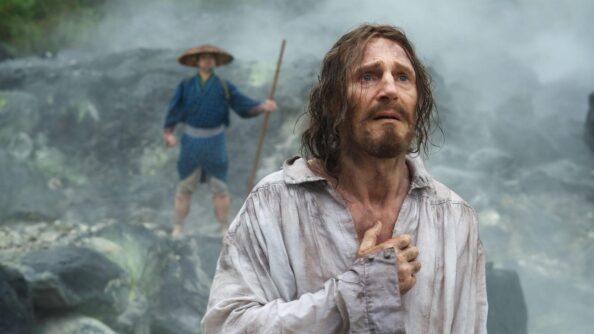
The Martin Scorsese movie Silence is a tour de force in the realm of cinema, a mesmerizing and haunting exploration of faith, morality, and the relentless pursuit of truth. Set against the backdrop of 17th century Japan, this epic historical drama is a compelling adaptation of Shūsaku Endō’s novel, brought to life with unparalleled brilliance. As a viewer, one cannot help but be utterly captivated by the film’s exquisite cinematography, impeccable performances, and the profound existential questions it raises. Silence is nothing short of a cinematic masterpiece, earning its place as a timeless classic.
From the moment the film begins, Scorsese’s mastery is evident. The breathtaking visuals immediately transport the audience to a world torn apart by religious conflict, where the serene landscapes of rural Japan juxtapose with the brutality of the era. The cinematography, led by the talented Rodrigo Prieto, is nothing short of awe-inspiring. Each frame is meticulously crafted, capturing the raw beauty of the natural surroundings and the internal struggles of the characters. The play of light and shadow creates a visual metaphor for the moral dilemmas faced by the protagonists, immersing the audience in a visual symphony that lingers long after the credits roll.
At the heart of Silence are the exceptional performances delivered by the cast. Andrew Garfield delivers a career-defining portrayal as Father Sebastião Rodrigues, a young Jesuit priest who embarks on a perilous journey to find his mentor, played with haunting intensity by Liam Neeson. Garfield’s performance is nothing short of transformative, showcasing a wide emotional range as he grapples with his faith and confronts the harsh realities of the world around him. Adam Driver, as Father Francisco Garupe, complements Garfield’s brilliance with a nuanced and powerful portrayal, adding depth to the complex dynamics between the characters.
What sets Silence apart from other historical dramas is its unflinching exploration of faith and the moral ambiguity that accompanies it. The film delves into the fundamental questions of religious conviction, forcing both the characters and the audience to confront the limits of their beliefs. Scorsese skillfully navigates the intricate layers of spirituality, raising thought-provoking questions about the nature of God, the silence of divine presence, and the human cost of unwavering faith. In doing so, the film challenges viewers to reexamine their own beliefs and confront the ambiguity of truth—a rare feat in modern cinema.
3. Casino (1995)
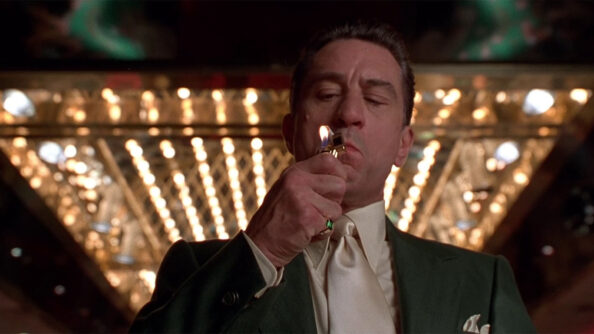
Released in 1995, this crime epic continues to captivate audiences with its gripping narrative, stellar performances, and impeccable direction. In the pantheon within the Martin Scorsese filmography, Casino shines as a glittering gem, an intricately woven tale of the rise and fall of the Las Vegas empire.
The film’s narrative unfolds with a relentless pace, masterfully narrated by Ace and his counterpart Nicky Santoro, portrayed with menacing intensity by Joe Pesci. Pesci’s Nicky is a force of nature, a volatile and ruthless enforcer whose unpredictable behavior keeps both the characters and the audience on the edge of their seats. His explosive outbursts and unwavering loyalty to Ace offer a stark contrast to De Niro’s composed demeanor, resulting in a dynamic and unforgettable on-screen partnership.
One of the film’s standout features is its meticulous attention to detail, evident in every frame. Scorsese’s direction is nothing short of virtuosic; he expertly captures the glitz and glamour of 1970s Las Vegas while delving into the darker, grittier underbelly of the city. The neon-soaked visuals, complemented by the evocative cinematography of Robert Richardson, transport the audience into a world of opulence and excess, providing a stark backdrop for the characters’ moral descent.
The screenplay, penned by Martin Scorsese in collaboration with Nicholas Pileggi, is a triumph of storytelling. The dialogue crackles with wit and authenticity, offering profound insights into the characters’ motivations and inner workings. The narrative’s non-linear structure, interspersed with voiceovers from various characters, adds depth and complexity, inviting the audience to piece together the puzzle of the unfolding events.
Casino is more than a crime drama; it is a profound exploration of human nature and the corrupting influence of power. As the characters spiral deeper into a web of deceit and treachery, the film raises thought-provoking questions about morality, loyalty, and the pursuit of the American Dream. It is a cautionary tale, a morality play that reminds us of the consequences of unchecked ambition and hubris.
2. Taxi Driver (1976)
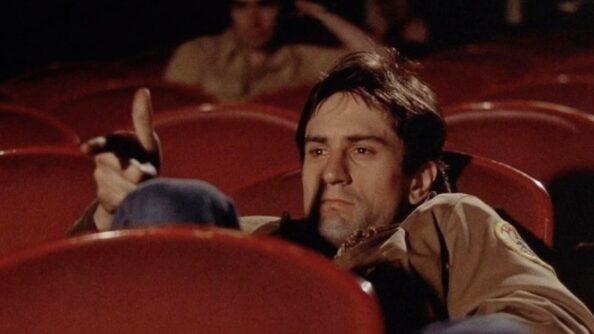
This timeless classic continues to resonate with audiences, captivating viewers with its raw intensity, unforgettable performances, and profound social commentary. Unflinchingly honest and deeply disturbing, Taxi Driver is a testament to the power of filmmaking and storytelling, earning its rightful place as one of the greatest films ever made.
Paul Schrader‘s screenplay is a masterclass in character study and social commentary. Travis Bickle’s journey serves as a harrowing exploration of urban alienation and existential despair. The film delves into the complexities of human nature, exposing the dark impulses that can fester within a person when left unchecked. Schrader’s writing is sharp and incisive, weaving a narrative that is as thought-provoking as it is disturbing. The dialogue is laced with symbolism and philosophical undertones, inviting viewers to contemplate the darker corners of the human soul.
One of the film’s most striking aspects is its social and political relevance. Taxi Driver serves as a scathing critique of urban decay and societal indifference. Through Travis Bickle’s lens, the audience is confronted with the moral ambiguity of the world he inhabits. The film raises important questions about mental health, violence, and the nature of humanity, challenging viewers to confront uncomfortable truths about society and the human condition.
One of the film’s most striking aspects is its social and political relevance. Taxi Driver serves as a scathing critique of urban decay and societal indifference. Through Travis Bickle’s lens, the audience is confronted with the moral ambiguity of the world he inhabits. The film raises important questions about mental health, violence, and the nature of humanity, challenging viewers to confront uncomfortable truths about society and the human condition.
1. Goodfellas (1990)
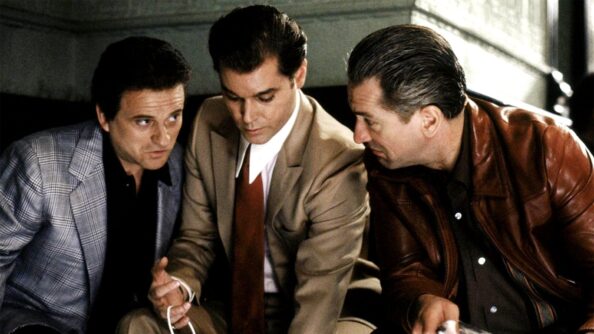
The Martin Scorsese masterpiece Goodfellas stands as a pinnacle of cinematic brilliance, an unparalleled journey into the dark underbelly of organized crime. Released in 1990, this film has etched its mark as a timeless classic, weaving together an intricate tale of ambition, betrayal, and consequences. From its impeccable direction to its outstanding performances and flawless storytelling, Goodfellas remains an unparalleled tour de force that continues to captivate audiences, making it an essential watch for cinephiles and casual viewers alike.
The film’s pacing is nothing short of masterful. Scorsese employs a frenetic editing style, utilizing rapid cuts and tracking shots that lend an electrifying energy to the storytelling. The infamous Copacabana scene, shot in a single take, is a testament to Scorsese’s directorial prowess, drawing viewers into the protagonist’s glamorous world with unparalleled finesse. This virtuosic direction not only keeps the audience on the edge of their seats but also immerses them completely in the characters’ tumultuous journey.
The performances in Goodfellas are nothing short of extraordinary. Ray Liotta delivers a career-defining performance as Henry Hill, capturing the character’s complex evolution from an ambitious young man to a hardened criminal. His portrayal is both charismatic and chilling, pulling the audience into the moral ambiguity of his choices. Robert De Niro, as James Conway, embodies the quintessential mobster with a nuanced performance that highlights the character’s loyalty and ruthlessness. Joe Pesci, in an Oscar-winning role, steals every scene he’s in as the volatile and unpredictable Tommy DeVito. Pesci’s portrayal is both terrifying and magnetic, making Tommy one of the most memorable characters in film history.
A standout element of Goodfellas is its groundbreaking use of music. Scorsese expertly curates a soundtrack that not only enhances the film’s atmosphere but also serves as a narrative device, reflecting the characters’ emotions and the era’s cultural shifts. From the iconic opening notes of The Ronettes’ “Be My Baby” to the haunting strains of Eric Clapton’s “Layla,” the soundtrack elevates the film to a visceral and emotional experience.
Furthermore, the film’s screenplay, co-written by Martin Scorsese and Pileggi, is a marvel of storytelling. The dialogue crackles with authenticity, capturing the raw language and wit of the streets. The sharp, darkly humorous exchanges between characters provide insight into their personalities and motivations, adding depth to an already richly layered narrative.
With its enduring impact on popular culture and its status as a cultural touchstone, Goodfellas is a film that demands to be seen and celebrated, earning its rightful place among the greatest movies ever made. For anyone seeking an enthralling, thought-provoking, and visually stunning cinematic experience, Goodfellas is an absolute must-watch.
